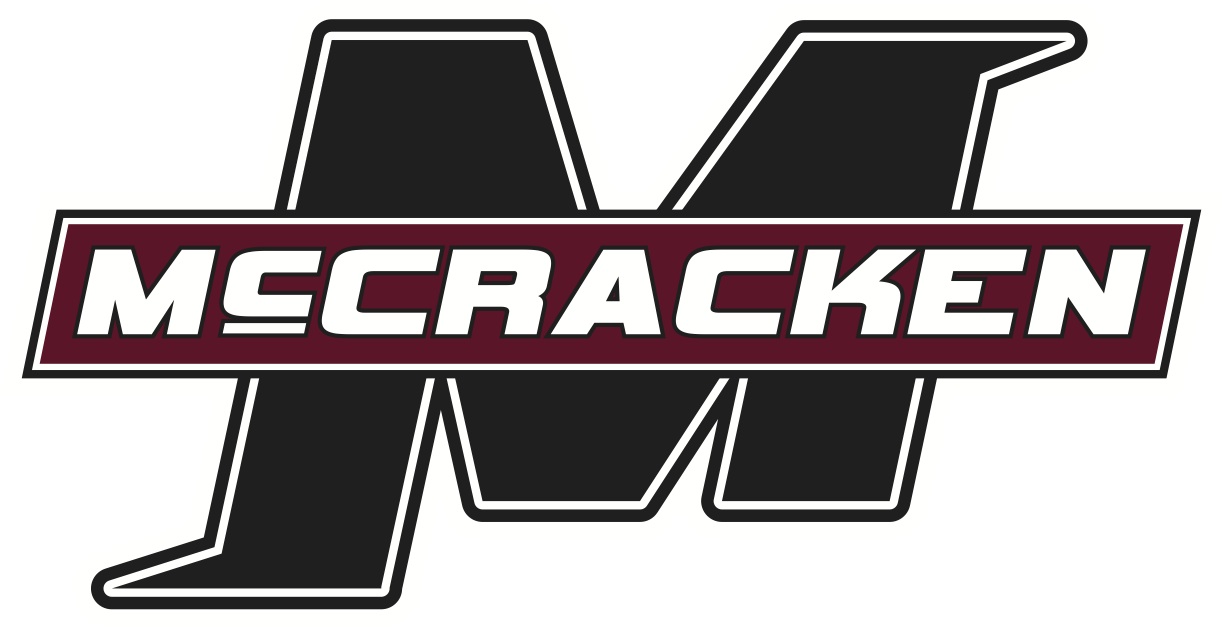It centers on "common races" -- a concept that I hear a lot in passing, usually on TVG or the NYRA show that's playing in the background at home while making dinner or doing chores. Often those shows are good for mental notes.
Surely avid racing fans have heard it before. Show hosts or professional handicappers will note that so-and-so is live because his last race had a handful of next-out winners or some such.
I never gave it a ton of thought, especially since it's often about a weekday race where the talent's thin and they're talking about cheap claimers. To me, the further down the scale of field quality, the less I tend to care.
Yet it's an angle that worked for me in identifying a 35-to-1 shot that finished second, scoring me $196 in a $10 across-the-board wager and providing dry powder to make a big wager on a best-bet later in the contest card.
In a $150 live-bankroll format with $15 wager minimums, I scored early with a $12.90 winner at Woodbine with my second bet. After losing my next three plays, though still above my starting bankroll, I was too conservative with a horse that I liked a lot in Race 5 at Belmont.
Hannah's Smile, a three-year-old filly, was competing in a $50,000 starter-allowance against seven others at seven furlongs on turf. She wasn't a horse that I had ID'd pre-contest, but in four starts -- all turf sprints -- she was keen, including a loss by a neck at the same level on Aug. 3 in Saratoga to First Appeal. As that name rang a bell, I quickly researched that, on Aug. 27, First Appeal won a $75,000 starter allowance at Saratoga.
Hannah's Smile, a three-year-old filly, was competing in a $50,000 starter-allowance against seven others at seven furlongs on turf. She wasn't a horse that I had ID'd pre-contest, but in four starts -- all turf sprints -- she was keen, including a loss by a neck at the same level on Aug. 3 in Saratoga to First Appeal. As that name rang a bell, I quickly researched that, on Aug. 27, First Appeal won a $75,000 starter allowance at Saratoga.
In short, Hannah's Smile appeared extremely playable at 4-1, especially after taking a lot of early money and at one point earnings 8-to-5 favoritism.
 |
| First Appeal, a positive force for NJ Horseplayer in Oct. 15 Monmouth Park NHC contest |
With a $167 bankroll, I should have been more aggressive, but wanted to save for a big play on a horse that I loved later at Woodbine and settled on a $15 win bet that netted me $61.50 as my horse inched away to win by a length and a half.
I foundered on a few suspect plays thereafter (the contest required a minimum of 10 wagers, focused primarily at Woodbine) and down to about $80 of bankroll with only a few races left in the contest, I noticed First Appeal's name show up in the company lines of a long-shot named Nile Princess, who was racing 10 others in far softer company.
Belmont's finale was a mile-and-a-sixteenth $25,000 claimer on turf, featuring three-year-olds and up who've never won two races. The 20-to-1 morning line and 1-for-26 lifetime record on Nile Princess clearly made that five-year-old mare and outlier, and ultimately she drifted up to 35-to-1.
Yet, in a turf sprint on July 13 at Belmont -- sent off at 43-to-1, Nile Princess at least made up a lot of late ground against a winner of two later allowance events at the prestigious Saratoga meeting, and so I thought she'd appreciate the added distance and was playable, even at almost double the morning line.
Belmont's finale was a mile-and-a-sixteenth $25,000 claimer on turf, featuring three-year-olds and up who've never won two races. The 20-to-1 morning line and 1-for-26 lifetime record on Nile Princess clearly made that five-year-old mare and outlier, and ultimately she drifted up to 35-to-1.
Yet, in a turf sprint on July 13 at Belmont -- sent off at 43-to-1, Nile Princess at least made up a lot of late ground against a winner of two later allowance events at the prestigious Saratoga meeting, and so I thought she'd appreciate the added distance and was playable, even at almost double the morning line.
Nile Princess made a bold late move to finish second, likely compromised only by the nine-wide trip from jockey Rosario Montanez. The $10 win-place-show wager netted me $196 to run my bankroll to $244 -- precisely the position I wanted to be in for my best bet of the day.
Unfortunately, my $100 win-$40 place play on Fourstar Crook in the EP Taylor at Woodbine did not pan out (he finished third). Neither did my $104 investment in Enterprising in the Canadian International -- won by a different long-shot, $49 winner Bullard's Alley.
The point of this write-up isn't moot, however.
Unfortunately, my $100 win-$40 place play on Fourstar Crook in the EP Taylor at Woodbine did not pan out (he finished third). Neither did my $104 investment in Enterprising in the Canadian International -- won by a different long-shot, $49 winner Bullard's Alley.
The point of this write-up isn't moot, however.
When playing in a handicapping contest where you haven't looked at all 30-35 races from three different tracks -- an impossibility, and no different than the three-day NHC -- looking at the company lines can serve as your quick-and-dirty friend.



